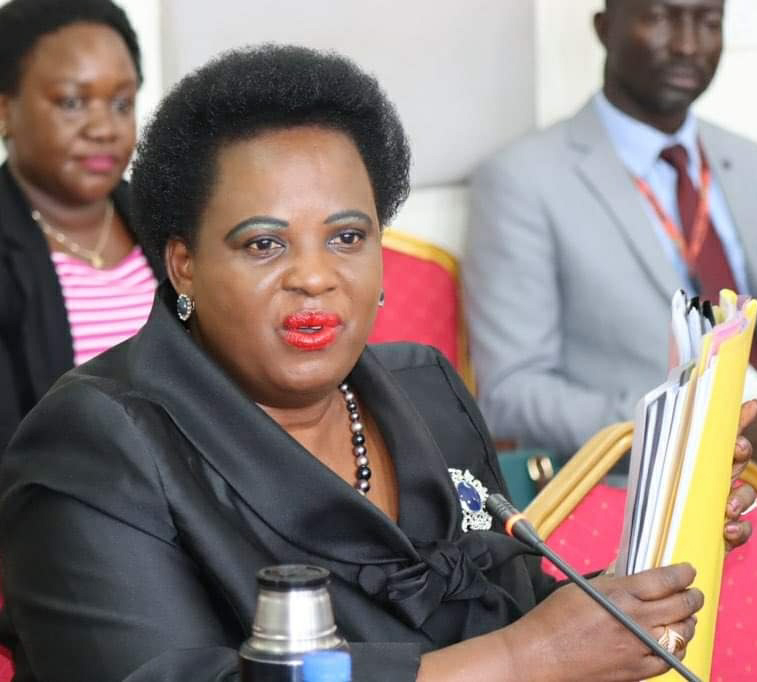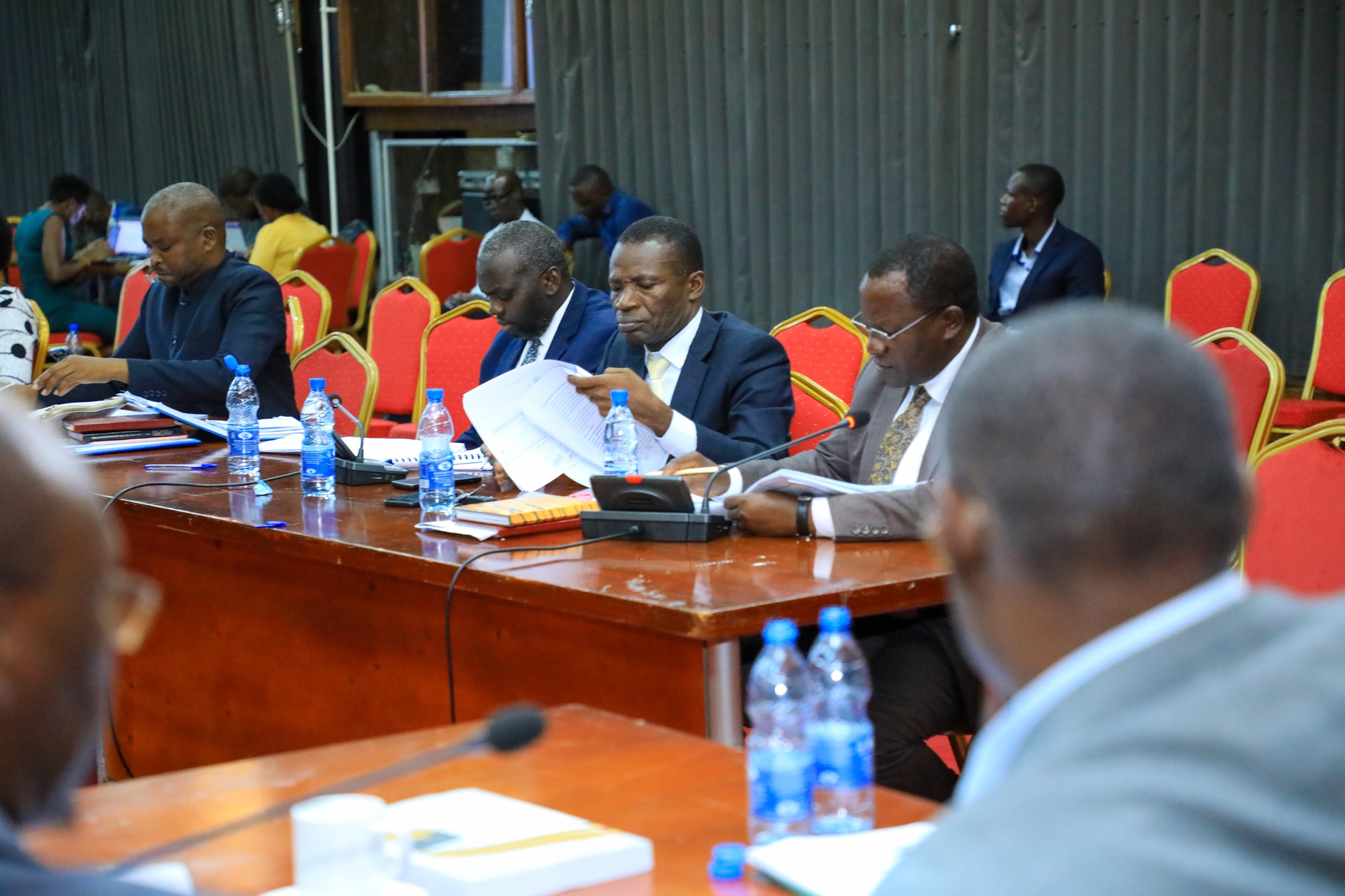At a forum organized by the Uganda Bankers Association, the Minister of Gender, Labour, and Social Development, Betty Amongi, criticized cultural norms that have restrained women from making independent financial decisions. She expressed her disapproval of the practice where women consult their spouses before making investments or undertaking development projects using their resources.
Amongi emphasized that this practice has hindered the progress of women in Uganda. She personally stressed that she only informs her husband after executing her financial plans. She highlighted various government initiatives aimed at empowering women and addressing the existing disparities between men and women, particularly in income and employment opportunities. She cited World Bank reports stating that these gender disparities have not only affected Uganda but also the global economy.
The Minister further mentioned a World Bank grant of approximately 1 billion dollars set to be allocated to women entrepreneurs through commercial banks that agree to lend it at a low-interest rate. This initiative is expected to provide substantial support to women in the business sector.
Sarah Arapta, the chairperson of the Uganda Bankers Association, pointed out that women now constitute more than half of the employees in the financial sector, with over 19,000 employees. However, she acknowledged that the majority of women hold lower-level positions, as senior roles still have limited female representation. The association has made progress over the past eight years, but further work is needed to enhance women’s representation in leadership positions.
Arapta added that the Women Economic Empowerment (WEE) initiative by the Uganda Bankers Association aligns with Sustainable Development Goal 5, which aims to achieve gender equality and empower women and girls. Michael Atingi-Ego, the Deputy Governor of the Bank of Uganda, encouraged corporations and the banking industry to implement affirmative measures to facilitate the promotion of women within the workplace.
Uganda has received recognition for its policies that encourage women’s participation in both government and the private sector, areas previously dominated by men. Moreover, the growth of women-owned businesses in Uganda has outpaced that of male-owned businesses, growing at 236 percent compared to 153 percent for male-owned businesses.
These statistics suggest that women in Uganda are on a path towards economic empowerment and gender equality. Elsie Attafuah, the UN Development Program Resident Representative in Uganda, anticipates a brighter future for gender representation and employment in the country.




















